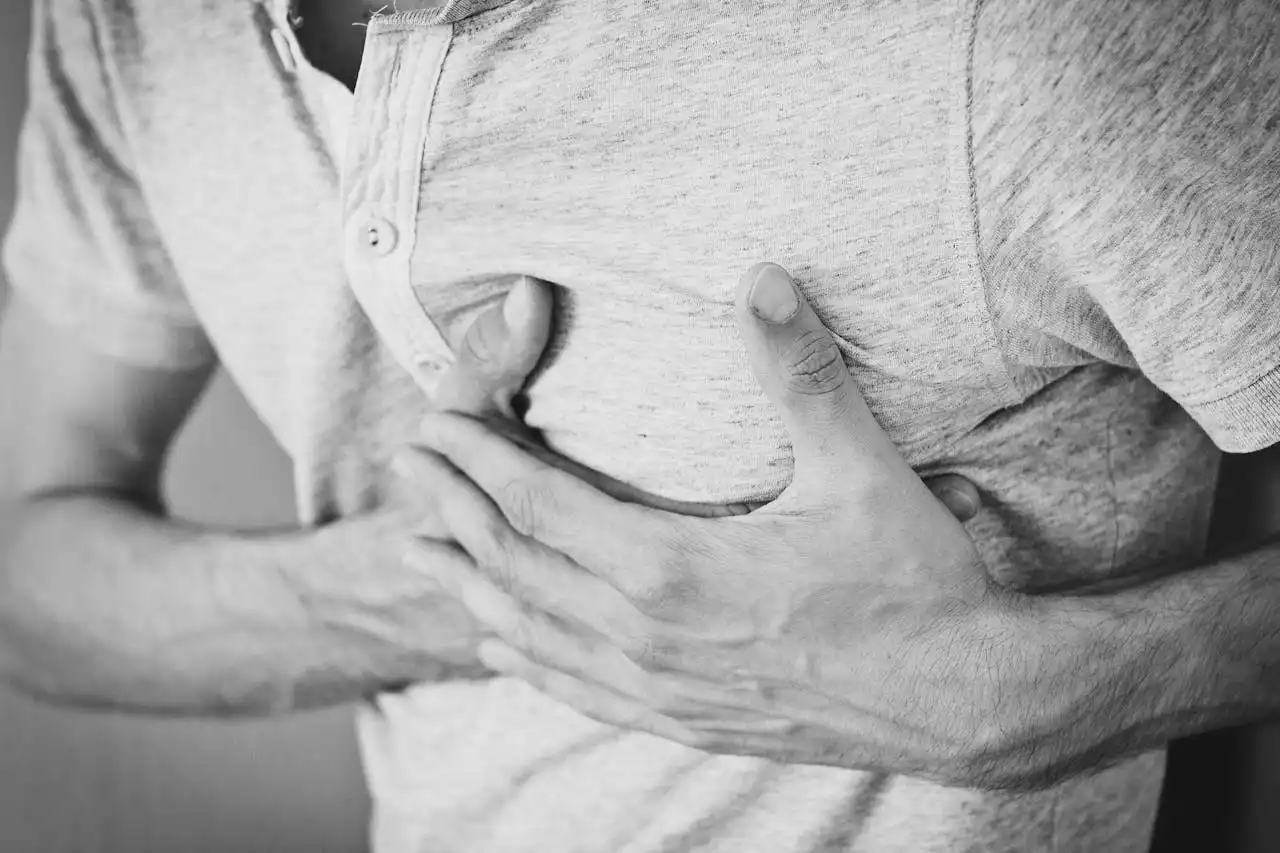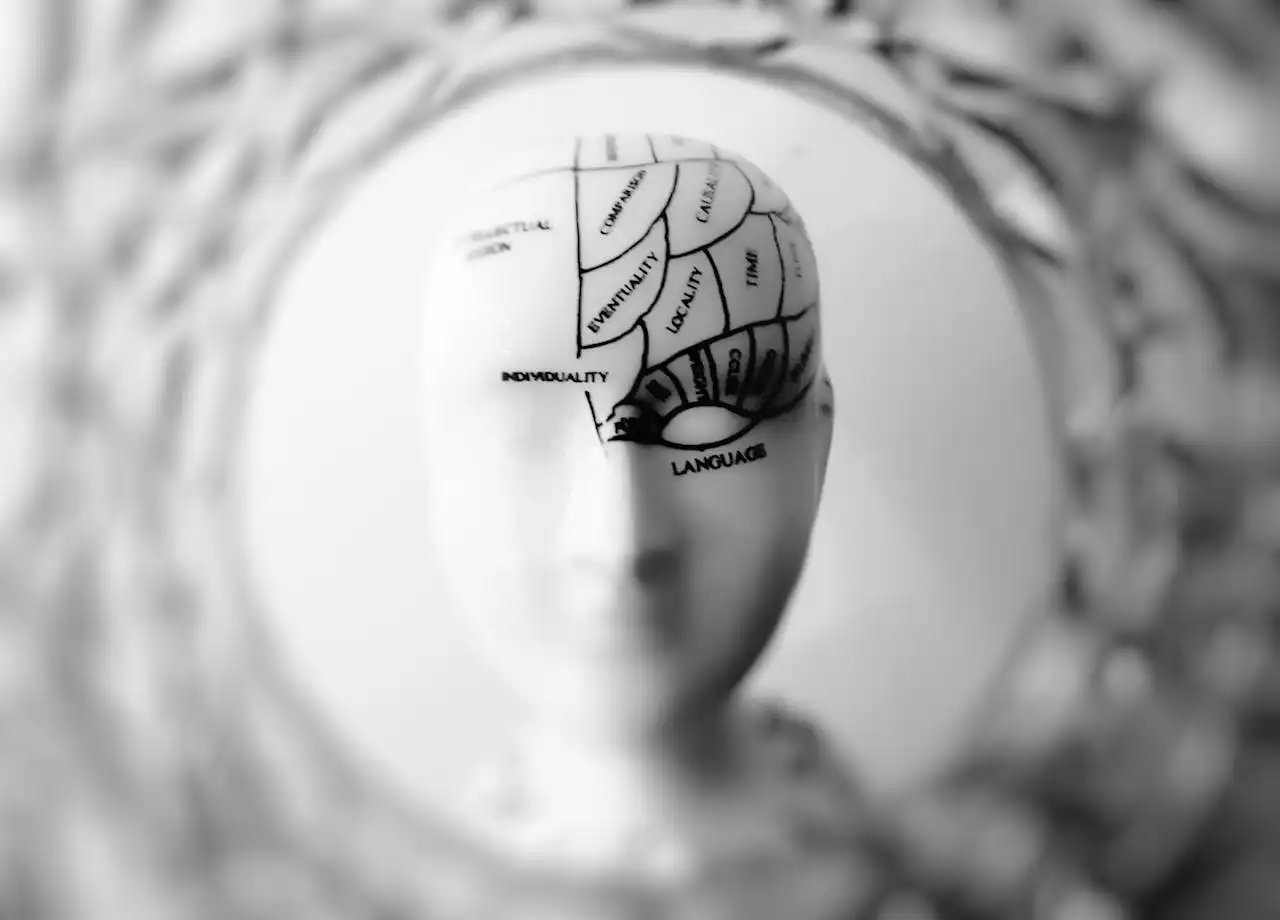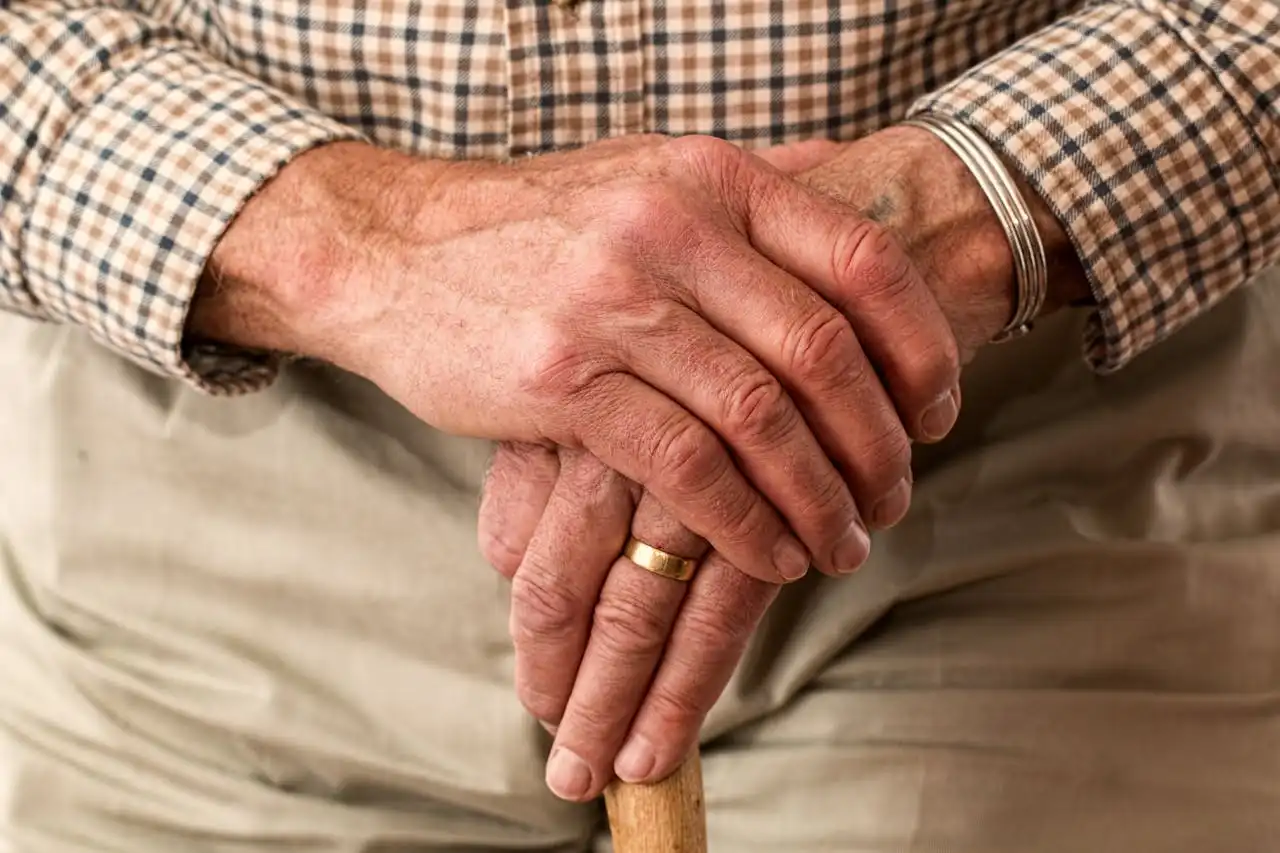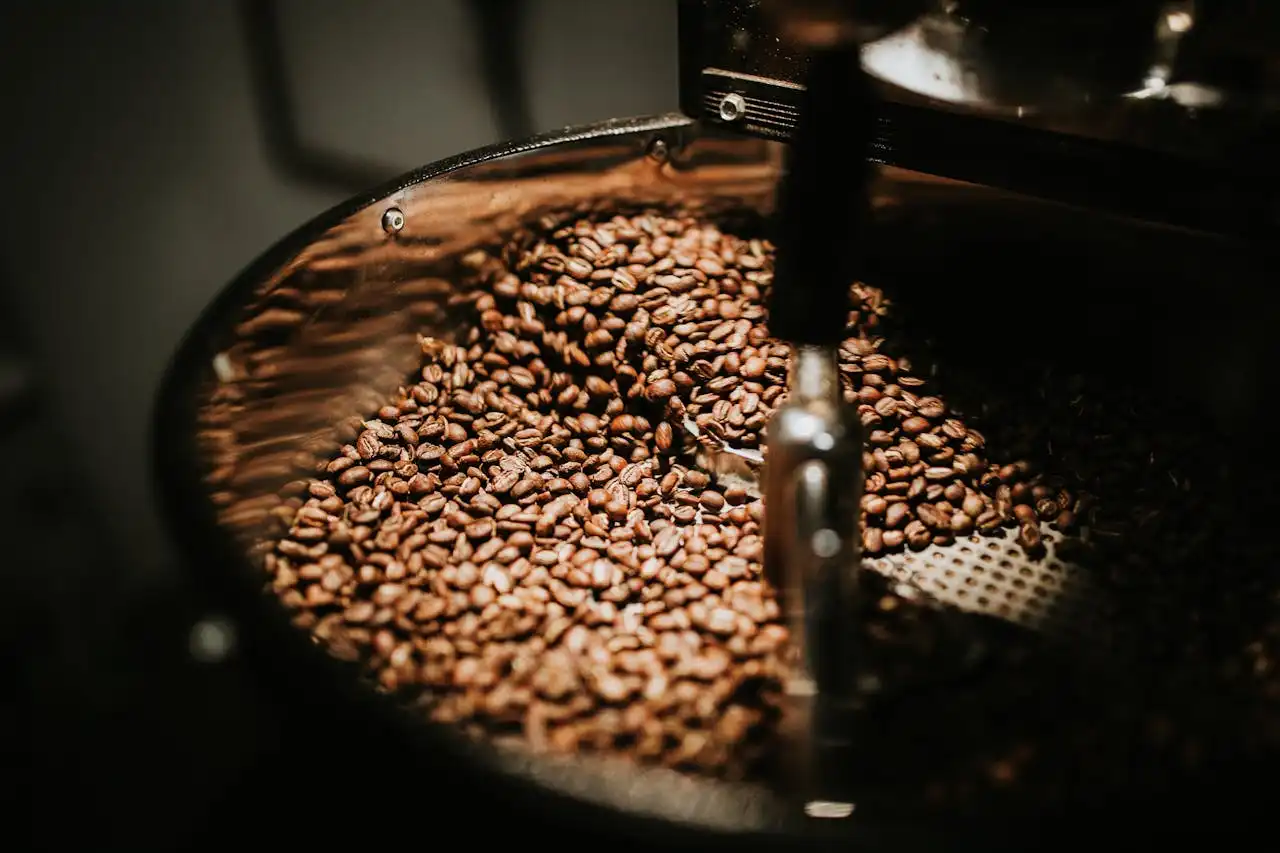The Silent Warning: Unmasking Cardiac Arrest's Early Clues Before It's Too Late
Muhe - Thursday, 07 August 2025 | 05:00 PM (WIB)


Not a Heart Attack, But Just As Serious
First things first, let's clear up a common mix-up. Cardiac arrest isn't the same as a heart attack. A heart attack is like a plumbing problem – a blockage that stops blood flow to part of the heart. Cardiac arrest? That's an electrical issue. The heart's electrical system goes haywire, causing it to quiver uselessly instead of pumping blood. When that happens, blood stops flowing to the brain and other vital organs, leading to unconsciousness and, without immediate intervention, death. Time is the ultimate enemy here; every minute without proper care drastically reduces survival chances.The Whispers You Can't Afford to Ignore
So, what are these elusive early symptoms? It's not always the Hollywood-esque chest-clutching scene. Often, they're much more subtle, easily dismissed as fatigue, indigestion, or just "getting older." But when your heart's on the fritz, these are the signs that demand your attention:- Unexplained Chest Discomfort: We're not necessarily talking about crushing pain here, though it can be. It might be a pressure, tightness, squeezing sensation, or even a burning feeling in your chest, arms, back, neck, jaw, or stomach. It might come and go, or last for a few minutes. It's often described as an uncomfortable pressure rather than sharp pain. Don't just blame that burrito you had for lunch!
- Shortness of Breath: Feeling winded after climbing a single flight of stairs when you usually breeze through? Or suddenly gasping for air while at rest? This isn't just about being out of shape. If you find yourself struggling to catch your breath without an obvious reason, your heart might be working overtime – or not enough.
- Palpitations or Irregular Heartbeats: You might feel like your heart is skipping a beat, fluttering, racing, or thumping hard in your chest. While occasional palpitations can be harmless, persistent or new onset irregularities should be checked out. Your heart has a rhythm for a reason, and when it goes off-beat, it's telling you something.
- Dizziness, Lightheadedness, or Fainting Spells: If your brain isn't getting enough blood, you're going to feel woozy, unsteady, or even pass out. These aren't just moments of clumsiness; they're strong indicators that something is amiss with your circulatory system.
- Sudden, Unusual Fatigue: We all get tired, but this is different. It’s an overwhelming, debilitating fatigue that comes on without explanation. Women, particularly, might experience this as a primary symptom, sometimes weeks before a cardiac event. It’s not just needing a nap; it’s an exhaustion that sleep doesn't fix.
- Nausea, Indigestion, or Abdominal Pain: Sometimes, heart issues can manifest as stomach problems. You might feel nauseous, have indigestion, or even vomit. This is especially true for women and can easily be mistaken for a stomach bug or just a bad meal. Trust your gut feeling if something feels truly off.
- Cold Sweats: Breaking out in a cold sweat for no apparent reason, especially if it accompanies other symptoms like chest discomfort or breathlessness, is a major red flag. It’s your body's stress response going into overdrive.
Who’s on the Radar?
While cardiac arrest can strike anyone, anywhere, certain risk factors definitely crank up the volume. Things like a family history of heart disease, previous heart attacks, coronary artery disease, high blood pressure, high cholesterol, diabetes, obesity, and smoking can all contribute. But here’s the thing: sometimes, it happens to seemingly healthy individuals too. That’s why awareness is truly everyone’s business, not just those with pre-existing conditions.When in Doubt, Don't Wait it Out
The biggest takeaway here? Listen to your body. Seriously. We often have this internal monologue that tries to rationalize away discomfort: "Oh, it's just stress," "I didn't sleep well," "Must be heartburn." While those might be true sometimes, when it comes to your heart, it's always better to be safe than sorry. If you or someone you're with experiences any combination of these symptoms, especially if they're new, severe, or persistent, don't play doctor with yourself. Don’t Google your way into more anxiety. Pick up the phone.If you suspect someone is having a cardiac arrest – meaning they're unresponsive and not breathing normally – call emergency services (like 911) immediately. Then, if you're trained, start CPR. Hands-only CPR can be a game-changer and literally doubles or triples a person's chance of survival. Even if you're not fully trained, dispatchers can often guide you through the process.The Bottom Line: Be Vigilant, Be Empowered
It’s easy to live life on autopilot, brushing off the little aches and pains. But understanding these early symptoms of cardiac arrest isn't about fostering paranoia; it's about empowering yourself and those around you. It's about being vigilant, paying attention to the nuanced language your body speaks, and knowing when to seek urgent medical help. Because sometimes, those silent whispers are the loudest warnings of all, offering a precious window of opportunity to intervene before it truly is too late. Your life, or someone else's, might just depend on it.
How to Relax Your Mind During the Weekend
6 months ago

ChatGPT's Compassionate Turn: How AI Is Learning to Handle Mental Health Crises Better
6 months ago

Coffee vs. Tea: The Morning Brew Showdown That's More Than Just a Cuppa
6 months ago

Cracking the Code: Your Guide to Taming Those Beastly Migraines
6 months ago

Fuel Your Supercomputer: Five Foods That Will Level Up Your Brainpower
6 months ago

Unlocking Your Inner Shield: Five Veggies That Are Basically Superheroes for Your Immune System
6 months ago

Your Secret Weapon for Weight Loss? It's As Simple As Putting One Foot in Front of the Other
6 months ago

Forever Young: The Secret to a Glowing, Timeless Life
6 months ago

Your Gut Feeling is Right: How to Feed Your Inner Universe for a Happier, Healthier You
6 months ago

Navigating Your Daily Grind: When Does Your Coffee Habit Cross the Line?
6 months ago
